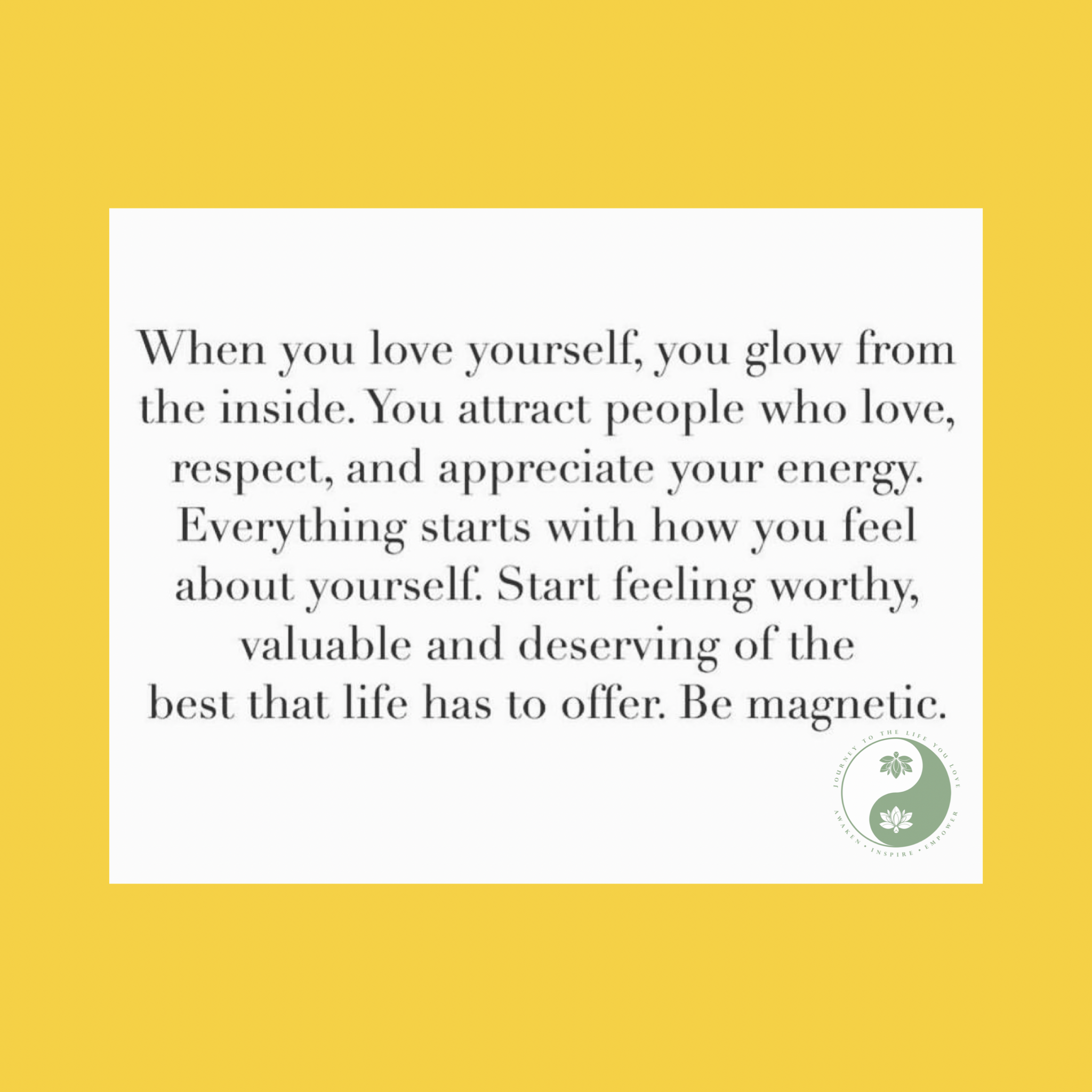There is growing evidence that yoga is a science.
We all experience stress and anxiety. For some of us it is temporary and for others it is long term or chronic. Eddie Stern has studied yoga and the science behind it. In his new book, One Simple Thing- A New Look at the Science of Yoga and How it can Transform Your Life, he offers a comprehensive explanation of why yoga is a science based on movement and breath. Stern says, “By doing a regular practice, we begin to create an underlying mental trait of awareness, which is more dependable and more open than the changing states. Through our practice we develop a trait of awareness that is calm, has perspective, and can help us pause so that we do not get swept away by overwhelming emotions.”
How Yoga Decreases Stress:
Creates connection ( the Sanskrit term yoga means union)
Increases awareness
Creates acceptance of our selves & others
Gives a feeling of lightness
Slows and deepens our breath
Knowing how to calm our nervous system when in the fight or flight respense is essention for living the life we love.
I often share with my yoga students that the awareness starts on the mat and then carries into every aspect of life. It is truly magical. In yoga we often use what is called Ujai Breath, which is deep inhales through the nose and deep exhales through the nose and we then move the body with the breath. When we get anxious our breath becomes shallow. Practice the pause and allow your “yoga breath” (Ujai) redirect your thoughts. By slowing the breath and returning to deep inhales through the nose and deep exhales through the nose we literally slow our heartrate and calm ourselves down. The body breathes shallowly when anxious because our nervous system is literally preparing us to fight or run away.
Understanding Yoga and Why it Reduces Stress
Yoga is more than a physical practice on the mat. The asanas, or physical postures, are great for increasing stability and balance, increasing flexability and increasing strength. The philosophy, as detailed in the 8 Limbs of Yoga, teaches us ethical guidelines. Yoga breathing connects the body and mind through movement.
Our nervous and immune systems become resilient and balanced through our yoga practice. Each posture can be modified to fit your ability or skill levels. Some postures are as simple as standing in equal balance rooting into the earth while growing tall toward the sky. Other poses are more challenging. There is no competition in fact, as you progress with a regular practice you tune out the external world and focus on your movement and breath. Sometimes I even stop hearing the music that is playing! Yoga can even be practiced in a chair. But, if you experience a lot of stress or anxiety I cannot urge you enough to make time and inetegrate yoga into your life. If you can manage to practice first thing in the morning you start your day with positivity and that momentum can build throughout the day allowing you to manifest your goals and dreams.
I described my first yoga class as feeling as if I had just received a relaxing massage but also muscles shaking in places I didn’t know existsted. I have since heard this feeling referred to as “the yoga high”. You will feel the effects after your first practice but the more disciplined and regularly you practice the more you will feel the benefits on body, mind, and spirit.
With Support,
Libby
P.S. Stress certainly takes its toll on us but chronic stress causes many serious illnesses. Please take a moment, if you have not already, to read my last blog titled Stress Effects and how to Mindfully Cope. I look forward to working one on one with anyone who feels overwhelmed and would like an ally to improve life.


